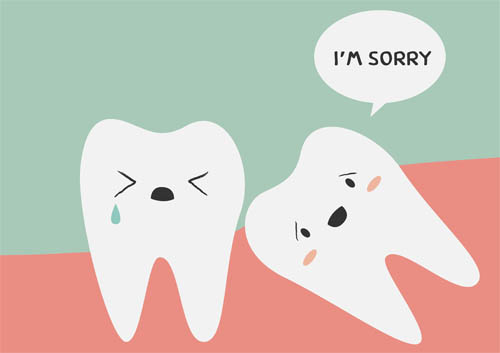Dental Filling Options
February 5th, 2025

You’ve made an appointment at our Boston, Massachusetts office to treat your cavity, the decayed area has been removed, and the site has been cleaned and prepared for a filling. Now it’s decision time. What kind of filling should you choose? Well, that depends. There are durability, aesthetic, and price considerations involved in any of your choices, so let’s look at some options before you decide.
Gold
This is a classic choice for a reason. Gold is very durable and can last longer than fillings made from other materials. Because they are crafted from precious metal, gold fillings are more expensive than other alternatives. They are also most often indirect fillings—that is, they are not immediately placed in a tooth, but are formed based on a mold of your tooth taken on your first visit and set in position on a second visit. A gold filling is also noticeable, which can be a matter of concern or a style statement!
Metal Amalgam
An amalgam is a mixture, and an amalgam filling is usually composed of several metallic elements, including silver, tin, copper, and mercury. This filling is also very durable and is one of the most cost-effective choices. Its silver color does not blend into the tooth, so visibility is a factor. Amalgam fillings are considered a safe option, but, if you wonder about potential metal allergies or the amount and kind of mercury involved, we will be happy to discuss your concerns. One possible drawback to amalgam fillings is that sometimes more tooth structure needs to be removed to accommodate them, so this is also a subject we can discuss.
Composite Resins
These fillings are often selected because they are both durable and almost invisible when the color is matched to your tooth. Made of acrylic resin and powdered glass, a composite filling is what is called a “direct filling”—one that can be completed and bonded to the tooth in one visit. These are often more expensive than amalgam fillings, but might be preferable for cosmetic reasons, especially when a front tooth is involved. They also need less tooth structure removed to accommodate them and can be better bonded to small excavations than some other options. They can be prone to staining over time.
Ceramic
Ceramic fillings have the virtue of being virtually undetectable. They can be color-matched to your teeth for a seamless look, and are more stain-resistant than composite fillings. They are also a more expensive option, and, like gold fillings, can involve a two-phase process with a filling molded to fit the excavation site placed in your tooth on a second visit.
John Pappas and our team are happy to discuss all of your options before it is time to treat your cavity, since there are a number of factors which might impact your decision. A molar will require a more durable filling than a front tooth, while being less visible when you smile or speak. Insurance plans might pay for only a portion of a filling’s cost if it is more expensive than an amalgam, or will pay for a composite filling only if it is in a visible location. We can help you decide which filling best fits all your needs, providing you with the healthy and beautiful smile you deserve!




 Website Powered by Sesame 24-7™
Website Powered by Sesame 24-7™